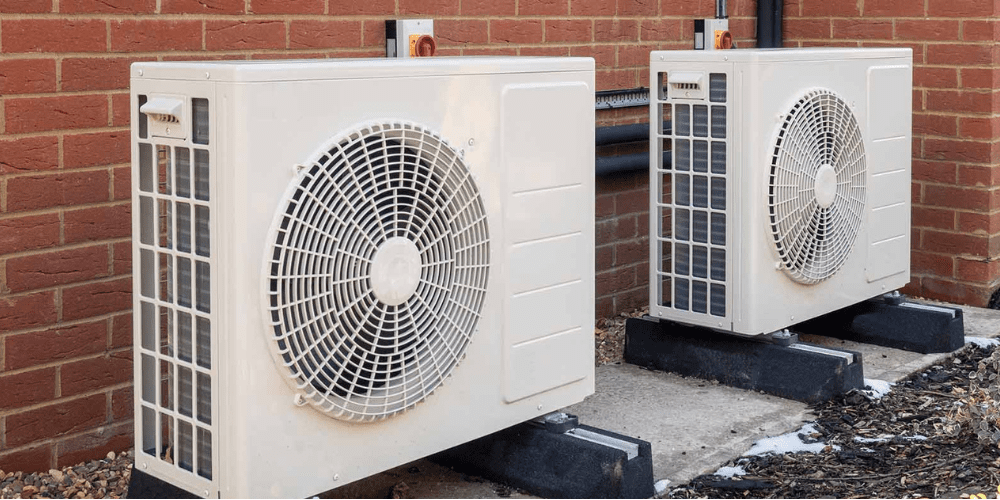
Are you looking to lower your utility bills while still enjoying hot water for your daily needs? A heat pump could be the solution you've been seeking. By utilizing the principles of thermodynamics, heat pumps are a highly efficient way to heat water for your home. In this article, we will explore how a heat pump can help you save money on your utility bills while providing the hot water you need.
Understanding Heat Pumps
Heat pumps work by transferring heat from a source to a destination, rather than generating heat directly like traditional water heaters. They use electricity to move heat from the air or ground to heat water for household use. Here's how heat pumps work:
- Heat pumps extract heat from the air or ground using a refrigerant.
- The heat is then transferred to water through a heat exchanger.
- The heated water is stored in a tank for later use.
Benefits of Using a Heat Pump for Hot Water
1. Energy Efficiency
One of the primary benefits of using a heat pump for hot water is its energy efficiency. Heat pumps can be up to three times more efficient than traditional water heaters, resulting in significant savings on your utility bills.
2. Cost Savings
By using less energy to heat water, heat pumps can help you save money on your monthly utility bills. Over time, the energy savings can add up, making a heat pump a cost-effective option for heating water in your home.
3. Environmentally Friendly
Heat pumps produce fewer greenhouse gas emissions compared to traditional water heaters, making them a more environmentally friendly option for heating water. By reducing your carbon footprint, you can contribute to a healthier planet.
Factors to Consider When Choosing a Heat Pump
1. Size of the Heat Pump
It's important to choose a heat pump that is the right size for your household's hot water needs. A heat pump that is too small may struggle to meet your demands, while a heat pump that is too large can lead to unnecessary energy consumption.
2. Climate Considerations
The climate in your area can impact the efficiency of a heat pump. While heat pumps can extract heat from the air in cold weather, they may be less efficient in extreme cold conditions. Consider the climate in your region when choosing a heat pump for your home.
3. Installation Costs
Before purchasing a heat pump, consider the installation costs involved. While heat pumps can help you save money on your utility bills in the long run, you'll need to factor in the initial cost of purchasing and installing the unit.
Maintaining Your Heat Pump for Optimal Performance
Proper maintenance is key to ensuring that your heat pump operates efficiently and effectively. Here are some tips for maintaining your heat pump:
- Regularly check and clean the air filters to ensure proper airflow.
- Inspect the heat exchanger and coils for any signs of damage or buildup.
- Monitor the thermostat settings to optimize energy efficiency.
- Schedule annual professional maintenance to keep your heat pump running smoothly.
Conclusion
Heat pumps offer a cost-effective and energy-efficient solution for heating water in your home. By utilizing the principles of thermodynamics, heat pumps can help you save money on your utility bills while reducing your environmental impact. Consider the benefits of using a heat pump for your hot water needs and take steps to maintain your unit for optimal performance. With a heat pump, you can enjoy hot water while keeping your utility bills low.